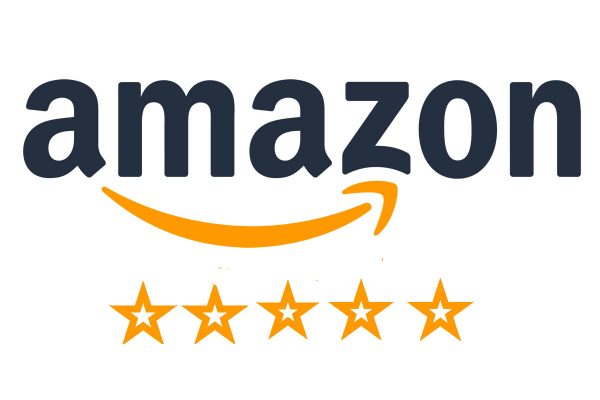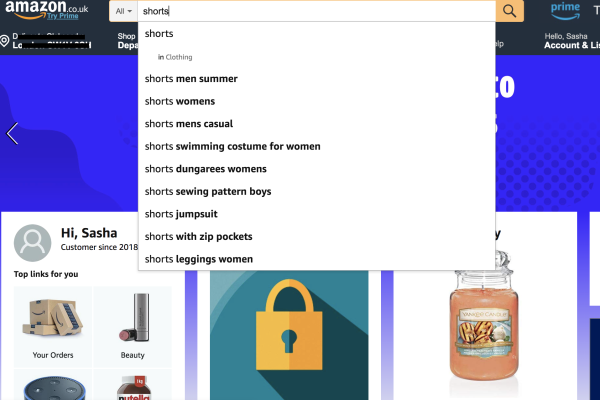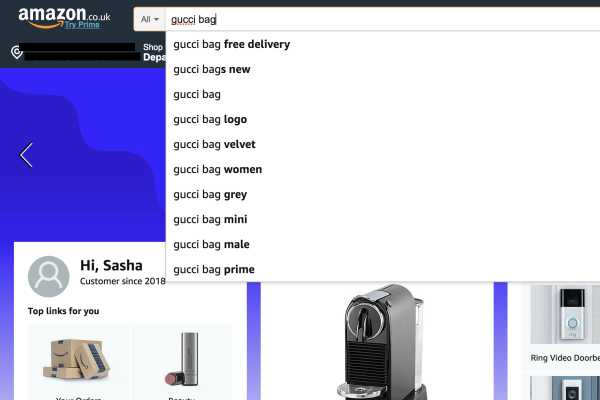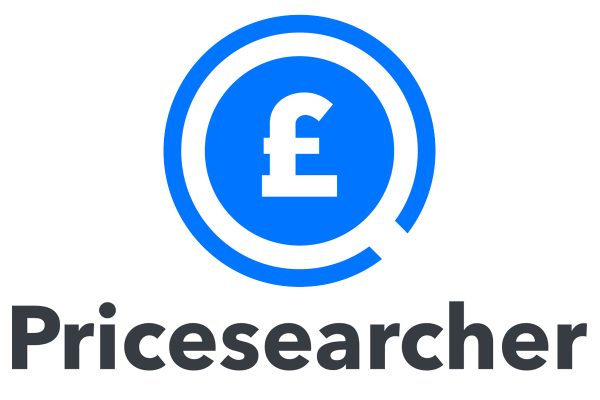If you’re interested in SEO and want to know how to get your website ranked #1 in Google for your key search terms then make sure you visit the LinkedIn Online Business Forum next week.
SEO, or Search Engine Optimisation, is a virtual art form as well as being a constant guessing game as search engines update their search algorithms. SEO is a powerful tool to increase organic rankings and everyone with a website (whether it be information such as TameBay or a transactional e-commerce site) should be optimising their site to increase their visibility on search engines.
SEO expert David Naylor who started working in the SEO industry over 14 years ago with three major corporations will be on hand with tips and advice and to answer your questions.
David’s own blog attracts a worldwide audience and is well known for its down to earth, yet informative approach on all SEO issues. Always at the forefront of the latest search engine topics, David is an established authority within the SEO community, also hosting his own digital radio show.
You can post your SEO questions in advance on the Online Business Forum or at any time during next week.









54 Responses
Here is one tip that will save you £££’s. Anyone that calls you and says they can get you on page one of Google, HANG UP and make yourself a cup of tea…
There are no guarantees in SEO and even fewer when dealing with Google, anyone who says otherwise is trying to sell you something.
Offer a niche product that nobody else offers. When the SEO sales reps ring up I show them where I am and they hang up on me!
Everyone tells me they’ll make me number one. If they promise everyone else the same thing, thats a big first page.
I swear I had a call the other week from a young lady…
“good afternoon, how are you today?”
I’m fine…Thanks.
“I’ve been looking at your website, it’s really good, did you do it yourself?”
Thanks, yes we have a couple of guys in house that do our web design.
“Ah good, the reason i’m calling to day is to ask if you wanted to get some more sales, we can get you to the top of Google for any keywords or phrases you choose, have you heard of Google?”
erm..Have I heard of Google?, no, tell me all about it…click *me hanging up*
BigPoppa, should I add text that relevent to my website listings all the time so the discription gets longer? Would I be able to add the same text to all similar listings or change it so that its indivual for each indivual listing?
From my limited knowledge, this is how I see it.
Google is able to measure how “unique”, “relevant”, “new”, “important” your page is based upon it’s content, name, age, backlinks etc.
Where possible individual descriptions should be unique and contain the keyword/phrase you are trying to improve your ranking for and the actual name of the page.
It also helps linking internally to your content, also using the keyword/phrase (as the anchor text). As well as externally of course from other sites.
Google loves new, fresh content. Especially if you are the first to have something that later becomes widespread, it remembers you were among the first to have that specific content, and ranks you higher because it thinks you must be more important.
DO NOT EVER link to other sites that are linking to you (called reciprocal linking), this diminishes the quality/importance of the backlink to you.
Never pay an SEO company to build links for you, Google can recognise most of these links now due to patterns formed over the past few years and your site will be punished by Google for it.
Google loves social links, it ranks these as high importance due to the voting effect. They are currently seen as genuine backlinks/votes and will get your site moving up the Google ranks. Ask all your friends for their support with this, get them to “share” your pages within their Facebook profile.
On Google webmaster tools I’m getting the impression that internel links are all related products that are listed at the bottom of the discription. So are internal links just cross promotion?
“Everyone tells me they’ll make me number one. If they promise everyone else the same thing, thats a big first page.”
how right you are young padawan
“Number one on Google…” for what? I’ve had “SEO consultants” tell me they can make me #1 on Google for my own brand names: if you can’t achieve that by yourself, you should either fire your web designer, or choose a less generic brand name.
*key* in all this is figuring out what people who might buy your stuff are searching for: it might not be what you initially assume. And also search traffic: if you’re top for “pale blue raspberry donuts”, but only 3 people a month are looking for pale blue raspberry donuts, you’re not going to build a sustainable business that way.
Keyword density, so far as Google is concerned, is decided by us, the visitors out there using the websites.
What I mean by that is this:
Let’s take the keyword “home shopping”, We search for this keyword on Google and happily click on the results, some we like and stay on them, others we really like and link to them on our websites etc, others we hate and “bounce” back to the Google results page.
Google runs it’s algorithm based on all the clicks, backlinks, bounces etc (data provided by our actions) and ranks the pages.
So, this will then dish out 10 sites for the first page of Google for the term “home shopping”. The keyword density of these pages may run at an average of say 4% or 8% or whatever it happens to be.
For your page to be considered of the same quality, your keyword density should fall within these same parameters.
Keyword density is one of many factors to consider but always remember that it is based upon the competitions keyword density not a set number.
This will be very different depending upon the keyword and sector you’re selling within.
I can’t seem to be able to find an answer to keyword density as everyone has a different answer from people to blogs. Do you monitor any changes you make with keywords and see this as either poitive or negative? How many months would you give a change of keywords a chance to show if they are effective? If there is no answer to a % of keywords are keyword density tools a waste of time? Google must change their algorithm to make websites update and alter their discriptions.
Its interesting to hear different view points on this as all the answers have valid reasoning behind the answer.
Matt Cutts says!?
How does Google treat sites where all external links are no-follow? I understand the purpose of no-follow is for webmasters to indicate which links are paid, but when sites like Wikipedia make EVERY outbound link no-follow, that defeats the purpose.
https://forum.seoflexforum.com/t1243-how-does-google-treat-sites-where-all-external-links-are-no-follow
Wheres the best place to get free keyword research? Wordtracker and Nichebot seem to what a fee. Does anyone use a free tool to get their keywords?
The most popular search words for items i’m selling. I’ve read that Wordtracker and Nichebot are free but they only offer a free trial period. I was wondering what everyone else uses. I can’t beleive how bad my eBay sales have got.
Warren, if you want I will run a full report on your website, keywords etc for free.
PM me via the Tamebay forum. Let me now your url and keywords/phrases you are interested in. and I will email you the report.
It’s not gospal but it’s part of what we do…the only difference is I’m not trying to sell you anything.
This is worth a read:
https://www.google.com/support/webmasters/bin/answer.py?hl=en&answer=35769
In particular: Make pages primarily for users, not for search engines. … Another useful test is to ask, “Does this help my users? Would I do this if search engines didn’t exist?”
Popularity of a product does not diminish your chances of getting onto page 1 of Google for the most popular search terms for that sector.
I have seen many instances where a “new boy” comes along and wipes the floor with the existing top 10 on Google and goes into position 3 within 6 months. For a very competitive keyword.
Google is a machine, it tries to read your page adn make sense of the content. It knows what users like based on a l the data it has from the other sites/clicks etc.
If your site is heavily coded, lots of scripts, Java etc Google will struggle to make sense of it. Try to use as much plain HTML and text wherever possible.
Adding “more” keywords instead of focusing on a few important ones can dilute your ranking.
I’ve just read on Googles help pages that if your website has duplicate content with some other site, you get a negative mark against you. My blog posts match my website listings, so maybe this is becoming a problem for me as Google are seeing me as duplicating another site?
My eBay sales are getting lower and lower. Do eBay really see growth this year or is it just my eBay shop?
I’ve been checking my website on the search engines and Google seem to have indexed 1220 of my pages. The last item I added to my website the peremiter in the url was 192, so it appears that I have really got 192 pages on my site. Does anyone one know how Google index their pages and how Google reached the 1220 pages index figure with my site. Hopefully if I can understand this I can understand Google better.
Do any Tamebay readers join and contribute to forums in their field of sales? And does this help with your website SEO. Why doesn’t everyone add there url to Tamebay? I can understand as I don’t really want eBay to put a name to my comments.
Thanks this will help in my article marketing.